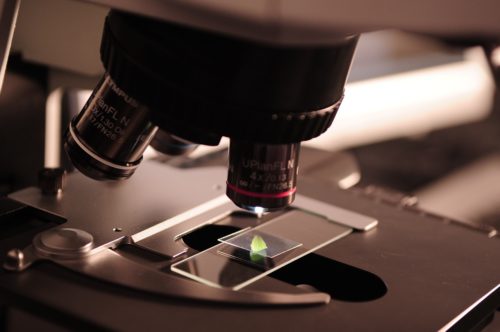
In September 2020, a Florida man was released from prison after 37 years after being convicted of a rape and murder based on bite mark evidence recorded using beeswax. DNA evidence that had never been tested was found preserved at the medical examiner’s office. Testing of that evidence exonerated the Florida man. This case, along with others, has called into question just how reliable forensic evidence is in a criminal case.
Scientific, medical and other experts
Many times, forensic evidence used in a trial has been interpreted by an expert, whether they are scientific, medical or another type of expert. The Federal Rule of Evidence 702 allows experts to provide an opinion only if the opinion is based on “sufficient facts or data” and is the product of “reliable principles and methods.” In most cases, the experts use reliable principles and methods to reach an opinion and the results are accurate. But experts are human and forensic evidence may not be conclusive, leading an expert to make an error in their interpretation. However, once an expert has informed a jury of a professional opinion, it is up to a criminal defense attorney to demonstrate how that expert may have made a mistake.
Bloodstain pattern analysis
One of the most widely used types of forensic evidence technique is bloodstain pattern analysis. In August, a study was published that found that in 192 examples, all with known causes, over 11 percent of the analysts reported incorrect conclusions. Studies have also been conducted on other forensic evidence techniques, including bite marks, as in the case of the Florida man, as well as analysis of shoe prints and hair samples. All of these are widely accepted in courtrooms yet have shown a significant margin of error in follow-up studies, according to criminal defense attorneys.
It would stand to reason that hearing that forensic evidence, such as DNA, blood spatter or bite marks, pointed to a particular suspect would indicate guilt. However, criminal defense attorneys are well aware that forensic evidence is not always concrete. If you or a loved one has been charged with a crime due to forensic evidence, contact an attorney.